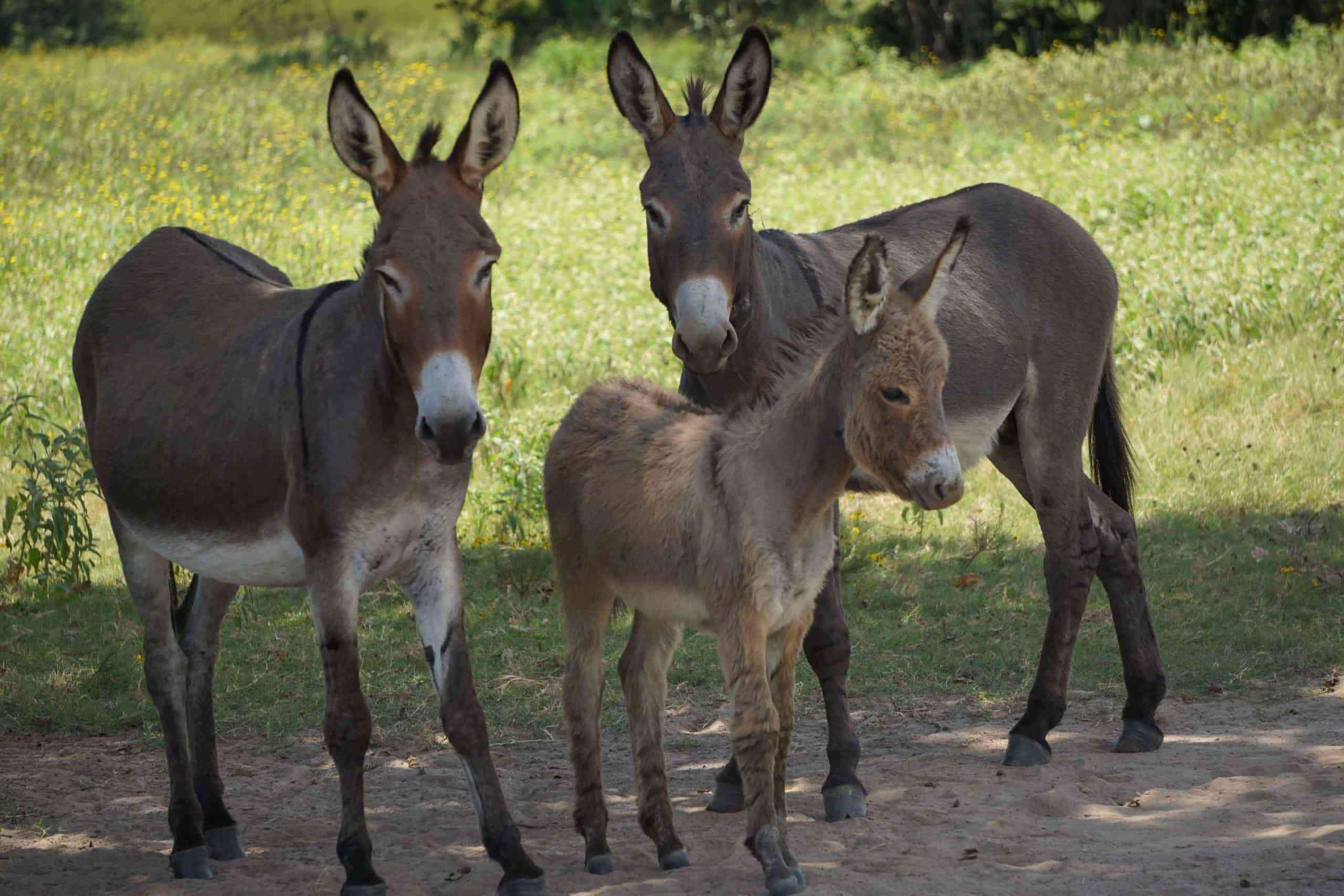
A NON-GOVERNMENTAL organisation has reached out to more than 300 communal farmers and schools in Matabeleland South with resilience and climate change adaptive strategies to avert food shortages.
Sisonke Working Together Trust is currently working in Bulilima and Matobo districts of Matabeleland South province.
In an interview yesterday, Sisonke Working Together Trust director Themba Phiri said they started the programme in 2019 with 120 farmers participating in Tokwana and Tjehanga areas in Bulilima.
He said the programme had grown with more farmers participating while a farmers’ field day was held in Tokwana.
“The programme has now grown reaching at least 300 farmers as well as schools in the rural and urban areas of Matabeleland South,” Phiri said.
“This year the organisation through its farmer field approach with Agritex and its local officer Christian Ncube of ward 4 in Tokwana launched the Intwasa programme to promote minimum tillage techniques in the district.”
A beneficiary, Mirriam Khanya Mtsamayi, said climate adaptive agriculture had positive gains.
She applauded the Sisonke Working Together Trust farmer field school approach for its technical support.
- I will definitely win 2023 elections: Mwonzora
- We will rule forever: ED says
- Measles death toll hits 650
- Govt challenges youths to participate in tourism
Keep Reading
“The combination of Agritex and Sisonke Working Together Trust strategies is changing most of the farmers' livelihoods. Before Sisonke came into the area, farmers did not believe in group work and sharing knowledge but now we are united and every third week of the month we meet to deliberate on farming strategies,” Mtsamayi said.
“Due to the changing climate, farmers should adapt by planting small grains. Despite the late rains, I am quite positive that if I plant small grains, I will get good yields."
In another programme in Bulawayo, Phiri said Sisonke Working Together Trust was working with communities in the waste management sector in Makokoba and Mzilikazi high-density suburbs.
“The programme has gained some traction as most of the communities now know the price of littering such as huge fines by the Environmental Management Agency, and the release of toxic gases which culminate into climate change,” Phiri said.
“In a bid to leverage and promote environmental awareness, Sisonke Working Together Trust has gone a notch higher by turning all illegal dumping areas into food gardens.
“A case in point is in Makokoba where a group of women led by Olga Sibanda, Judith Lusinga and Sisonke co-ordinator Sane Siwela have initiated a food and security garden programme by turning all waste dumpsites into gardening projects.”
Phiri said the group was also planning to venture into recycling to support the nutrition garden initiative.
“The approach is unique in nature and very few communities or agencies will think of turning landfills and dumpsites into nutrition gardens,” he said.
Siwela said Sisonke Working Together Trust’s waste management strategy would see all dumpsites in Makokoba and Mzilikazi turned into vegetable gardens.
“The whole idea is to secure enough funding so that the project can be established in all communities in Bulawayo,” Siwela said.
Matabeleland South experiences recurrent droughts amid calls by agricultural experts for farmers to resort to smart and climate resilient agriculture including growing small grains.









